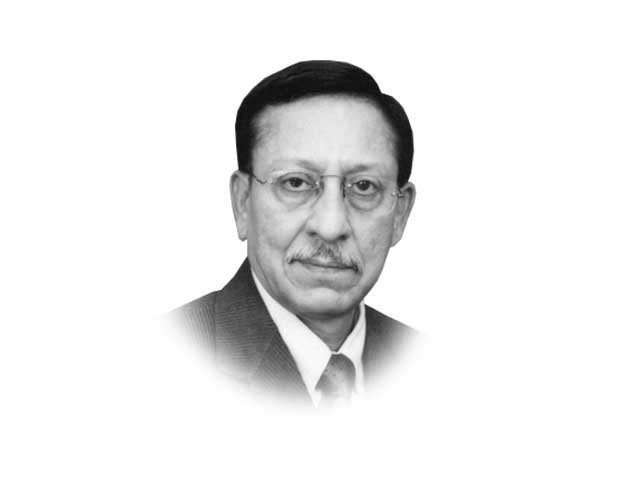The Sindh I grew up in
Overall ambience in Larkana was tranquil & religious harmony was at its best; probably due to Sindh's Sufi traditions.

The writer is an educationist. He is currently the principal of Sir Adamjee Institute in Karachi
How can I forget the cosmopolitanism of Larkana, where in my childhood, I have waited upon and enjoyed the merriment of the festival of Holi, due to the presence of a large number of Hindus. I fondly recall my various errands to dharamshalas to meet my classmates, who resided there, and many a time, shared lunch with them. There was no restriction on our entrance into the neighbourhood temple. Muharram was the most awaited month for all youngsters. Notwithstanding the religious sensitivities, it was considered the most sociable and cultural event. There was no restriction on attending the majlis, either from our parents or from the organisers. On the eighth day of Muharram, the entire city would wait for the golden tazia.
During Rabiul Awwal, a few families used to organise milads only for ladies, so as children, our interest was only limited to the sweets given out at the end of the milad. In hindsight, I think that as our generation was taught religious rituals by the elderly, we have probably adopted the soft image of religion, in contrast to the present generation, where children have been handed over to a semi-literate or completely illiterate maulvi, who is neither socially nor culturally refined.
The overall ambience in Larkana was tranquil and religious harmony was at its best; this was probably due to the Sufi traditions embedded in Sindh. People were least concerned with the sectarian affiliation of individuals. It was the best amalgamation of the many creeds living together in peace and amity, which seems like a far-fetched dream today.
The recent attacks on shrines in Sindh is a chilling reminder of the level of intolerance which, at least a person of my generation, would have never expected. The ghastly act in Jacobabad has brought back lots of memories of the city where I spent a very memorable time as principal of Bahria Foundation College. A remarkable and unmatched place, having all signs of religious and sectarian pluralism, which is illustrative in the reverence and awe with which General John Jacob is remembered by ordinary folks. They referred to him as pir and respectfully addressed him as Jacob Sahib. He now has people, irrespective of their cast, creed, sect and religion, paying homage to him.
The current decadence and degeneration has brought our society to a state of total breakdown and if we wish to achieve a semblance of sanity, our intelligentsia and civil society has to show resilience to keep us out of harm’s way.
Published in The Express Tribune, March 2nd, 2013.














COMMENTS
Comments are moderated and generally will be posted if they are on-topic and not abusive.
For more information, please see our Comments FAQ